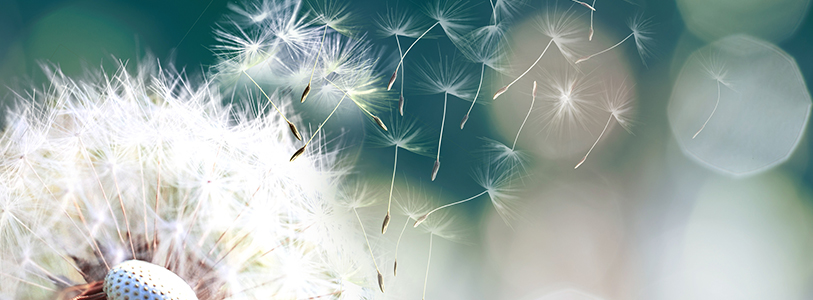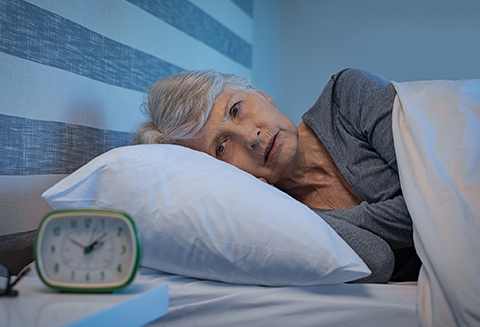Tips for keeping springtime allergies at bay

Springtime is here, so can the sneezes be far behind? As trees, shrubs, and flowers start their annual bloom, it’s a sight for the eyes to be sure — but for the nose, hidden dangers may await — in the form of allergies.
The American College of Allergy, Asthma, and Immunology, reports that seasonal allergies (also known as allergic rhinitis) are the sixth leading cause of chronic illness in the U.S., with more than 50 million sufferers each year.
More articles from this issue
“Pollen is the biggest spring allergy trigger,” says Dr. Karyi Coyle, a board-certified internist specializing in pulmonary disease with NewYork-Presbyterian Medical Group Westchester and NewYork Presbyterian Lawrence Hospital. “It’s that fine, powdery, greenish-yellow substance you often see coating your car or the windows of your home during the season. These tiny grains are released into the air by trees, grasses, and weeds. Pollen is virtually everywhere during this time and can be airborne for miles, so it’s pretty hard to escape its effects. The higher the pollen count, the greater the discomfort.”
The body’s immune system sees pollen as a foreign invader, and so it produces antibodies to fight it, by releasing chemicals into the blood called histamines. It’s histamines that are responsible for triggering the classic allergy symptoms — including runny nose, watery and itchy eyes, sneezing, and coughing.
How to get relief
Many medications are available to help alleviate the symptoms of springtime allergies. Dr. Coyle notes that all over the counter (OTC) medications should be used early in the allergy season, because the more irritated the respiratory tissue becomes, the harder it is to get relief.
- Nasal rinses or sprays: Saline rinses and sprays can help wash pollen away and soothe tissues.
- OTC nasal steroids: These sprays help ease inflammation and congestion to open blocked nasal passages. They are often faster acting than oral OTC medications and generally do not have the same side effects.
- Antihistamines and decongestants: Antihistamines reduce sneezing, sniffling, and itching by lowering the amount of histamine in the body, while decongestants shrink the blood vessels in the nasal passageways to relieve congestion. Numerous OTC antihistamines can be very helpful, but be careful of side effects that can include drowsiness.
- Eye drops: These act as artificial tears that help relieve itchy, watery eyes.
- Keep clean: After some time outside, leave your shoes at the door, rinse off in the shower, and put on fresh clothes.
- Close your windows: Remember that if you open windows for the breeze and fresh air, you are also inviting a cloud of pollen into your house, which can worsen your allergy symptoms.
- Turn on the air conditioner: Good ventilation, combined with a high-efficiency filter, will help clean indoor air.
- Cut back on morning activities: Pollen counts are usually highest between 4:00 a.m. and 8:00 a.m., so minimizing early-morning activities may help you get a jumpstart on a symptom-free day.
- Remove contact lenses: If you wear contact lenses, remove them if you have red, swollen, or itchy eyes. Contact lenses can further irritate eye allergies and make the condition worse.
- Allergy injection therapy: For serious cases where people do not respond to OTC medications and where the quality of life is impaired, allergy injection therapy can be very effective, and potentially help prevent more serious conditions from developing, such as sinusitis or bronchial asthma.
To read more about seasonal allergies, visit our health library. To find an allergy specialist, call 877-697-9355.





